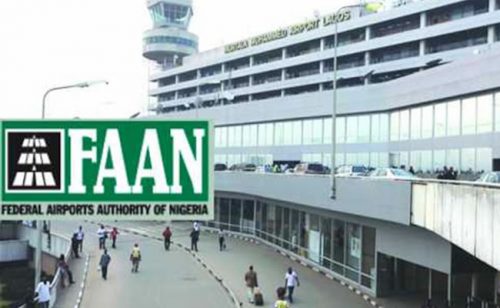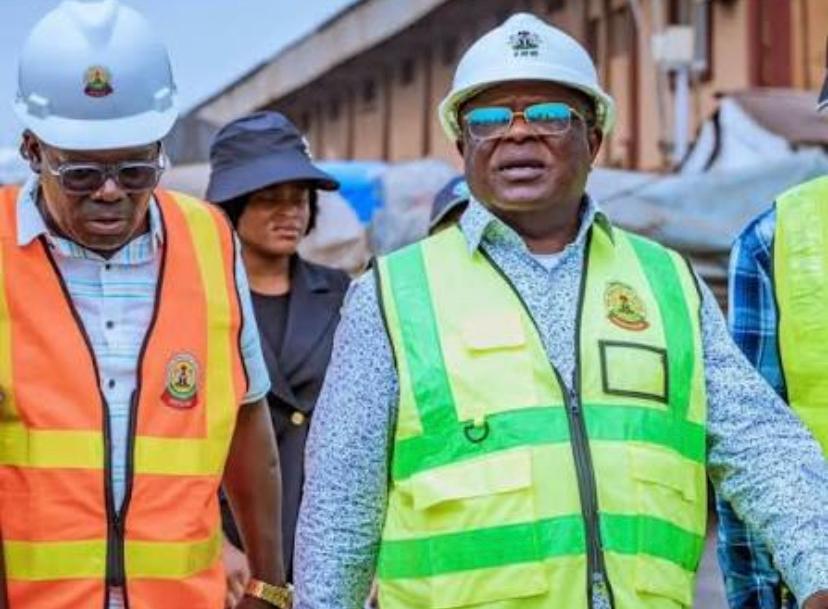LCCI Lists Private Sector’s Yearnings from Buhari
The council of the Lagos Chamber of Commerce and Industry (LCCI), Wednesday rose from an extraordinary meeting to congratulate key actors in the just concluded presidential polls and also itemised the key expectations for the incoming president.
Under the Chairmanship of its President, Alhaji Remi Bello, the LCCI council deliberated on the outcome of the Presidential and National Assembly elections in the country as well as a range of business and economic issues.
The LCCI Council congratulated the President-elect, of the Federal Republic of Nigeria, General Mohammed Buhari (Rtd.), on his election and urged him to be magnanimous in victory. Council also commended the Independent National Electoral Commission (INEC) and all the agencies of government involved in the electoral process for ensuring an election adjudged to be substantially credible. Council commended all Nigerians, especially the electorates for advancing the frontiers of Nigerian democracy through their commitments to the democratic process. The status of Nigeria as the largest democracy on the African continent was reaffirmed. The LCCI implored all Nigerians irrespective of religion, political affiliations, tribe to extend their support to the new administration that would assume office in May 29th 2015 in the larger interest of the country.
“Council notes and commends President Goodluck Jonathan, GCFR for his demonstration of statesmanship and nobility as reflected in his congratulatory message to the President-elect Mohammadu Buhari. We urge him to go further to calm the nerves of his party members and supporters to accept the result and promote the cause of peace in the country.”
Council equally commended the President Elect, General Mohammadu Buhari, for extending a hand of fellowship to President Goodluck Jonathan.
The Council urged all aggrieved candidates in the electoral process to channel their grievances through appropriate channels in accordance with the Electoral Law. It emphasised that peace and tranquillity is paramount for the progress of any economy, and any society for that matter.
AGENDA FOR THE NEW ADMINISTRATION
The plummeting oil price and the impact on the fiscal outlook, the council noted presents a significant challenge to the incoming administration. “It is therefore critical to manage expectations at this time. The outlook for many macroeconomic indicators is not bright with foreign reserves dropping below $30 billion and persistent pressure on the naira exchange rate.”
The Council was optimistic that the success of the presidential election will definitely mitigate the anxiety and uncertainty that characterised the business environment before the elections. “Investors’ confidence will be positively impacted by these developments.”
The LCCI urged the incoming administration to address the fundamental causes of the high cost of doing business and low productivity which could be ascribed to macroeconomic factors, institutional challenges and structural issues. Additionally the LCCI urged the Presidentelect to address the following issues as a matter of priority:
Ensure the blocking of all fiscal leakages and wastes in Government, especially in respect of the management of petroleum products subsidy, immediate review of JTF activities in the Niger Delta area where revenue is being lost daily due to oil theft, pension funds, import duty waivers, ghost workers in the MDAs, Service Wide Votes and crude oil theft.
Prioritisation of government expenditure to boost investments in critical infrastructure. The challenge of high cost of governance, collapse of the rail system, poor power supply also demand urgent attention.
Sustain the momentum of the war on terrorism and insurgency in parts of the country. Performances audit of key regulatory institutions whose activities impact on the private sector. This is necessary to ensure that these institutions deliver the desired value to the private sector and economy at large.
The government should ensure acceleration of reforms on the Oil & Gas sector in order to attract more private investments in both the upstream and downstream segments of the sector. This would save the economy the current huge foreign exchange used for importation of petroleum products.
Improve the scope and depth of financial intermediation for the benefit of all investors in the economy irrespective of size. Guidelines for accessing intervention funds should be reviewed and made less stringent. Ensure a level playing field for all investors across all sectors with regard to import tariffs, funding opportunities, tax incentives etc.
Ensure the sustainability of selected policies and programmes of the present administration which currently offer value to the economy. Ensure robust consultation with the Private Sector bodies for inputs into policy formulation processes. The Council stressed that investment incentives should be of universal application to all investors in a given sector.








